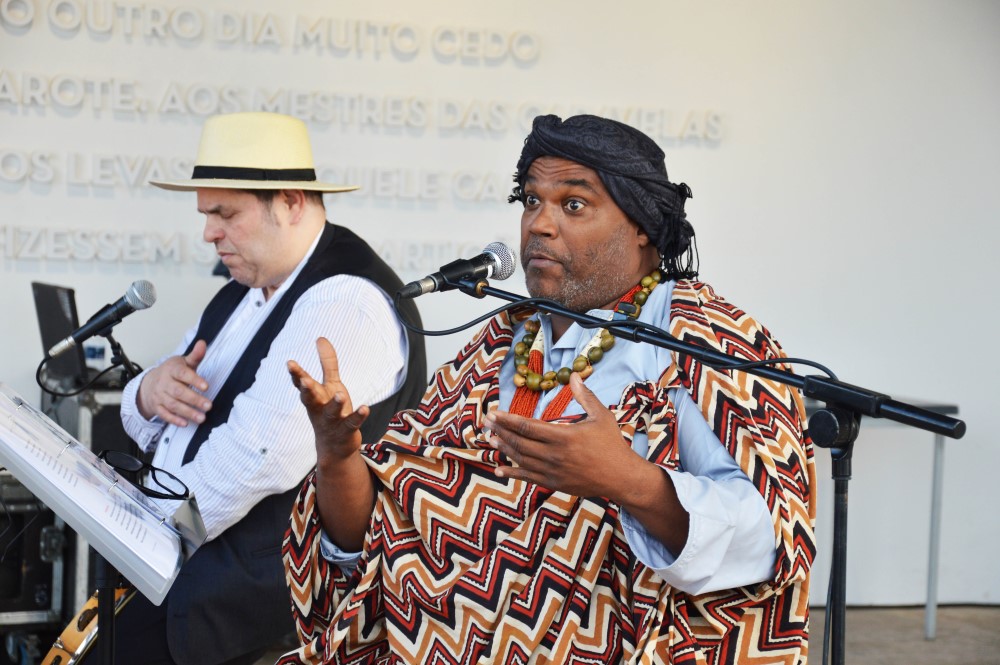 The piece «The Sons of the Fire of God» This Saturday he presented himself in the best possible place: in the building known as Mercado de Escravos, in Lagos, a short distance from the 1444th-century pier, where, in XNUMX, the first sale of black slaves in Europe took place.
The piece «The Sons of the Fire of God» This Saturday he presented himself in the best possible place: in the building known as Mercado de Escravos, in Lagos, a short distance from the 1444th-century pier, where, in XNUMX, the first sale of black slaves in Europe took place.
The play, which mixes short story sessions, with reading excerpts from literature or historical documents from Portugal and Brazil, music and dramatic art, deals without “warm cloths”, the theme of slavery, about which so little is said. in our country.
The presentation, by the Algarvean actor and musician Mário Spencer and the Brazilian actor and storyteller Thomas Bakk, was made before an audience that followed in an attentive and even emotional manner, mostly standing, for almost an hour, the terrible stories of the slave trade, initiated by the Portuguese, between Africa and Brazil, with its horrors and its immense hypocrisies.
The talent and intensity of the two actors transported viewers to these journeys aboard slave ships, where slaves barely had room to breathe and where so many ended up dying or getting sick, being thrown overboard when they weren't even dead. Or he took them to the sugarcane fields of Brazil, where slaves were a cheap commodity, worse treated than animals, and where masters separated families and even sold, as slaves, their own children...
The presentation was one of the highlights of the Festival of the Discoveries that, from the 27th of April to the 1st of May, took place in the riverside area of Lagos. And not even the festival's animation bass drums and bagpipes that were heard from time to time, drove away the people who watched the spectacle, in silence and some with tears in their eyes.
One of the attentive spectators was Joaquina Matos, the mayor of Lagos, who didn't budge until the end of the show. "I didn't know this piece, nor this group, but it is very important to talk about the issue of slavery here in our city and throughout the country," the mayor told Sul Informação.
Tela Leão, from the association Partilha Alternativa, responsible for the artistic direction and the script, recalled that the piece has been presented all over the Algarve and that his intention is to take it not only to concert halls, but to schools , from the 9th grade.
After a recent performance at Escola EB 2,3 in Vila do Bispo, she is now the mayor of Lagos, herself a former teacher, expressing her interest in taking the play to the city's secondary schools soon.
Tela Leão highlighted the importance of continuing to talk about this story, which, after all, is still very present today and even here in the Algarve and Alentejo. The fact is that, in the greenhouses that have invaded this south of ours, cheap labor is mainly used, imported from distant countries, living in poor conditions and with few or no labor rights. It's not really slavery, but…
The building known as the Slave Market in Lagos, in whose atrium the play «Sons of the Fire of God» was presented, was built on the site of what is presumed to have been the first slave market in XNUMXth-century Europe, in Lagos. For this reason, it was classified three years ago as a monument of public interest.
now welcome the Slavery Route Museum Nucleus, connected to the Lagos Museum, inaugurated in June of last year.
From 1444, the date of the first slave market in Lagos, according to Gomes Eanes de Zurara's “Crónica da Guiné”, the city began to receive regular shipments of slaves every year, which were normally captured in razias or acquired by exchange on the west coast of Africa. A sad memory, which has not been forgotten in this edition of the Festival dos Descobrimentos, with the presentation of the play by the group Partilha Alternativa and a recreation of a slave market.
Photos: Elisabete Rodrigues|Sul Informação
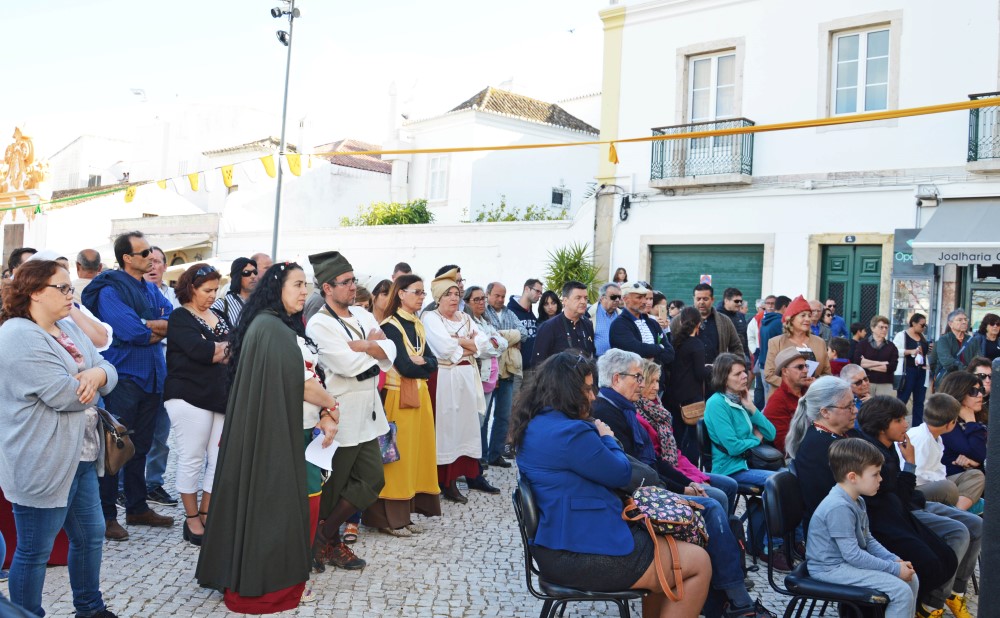
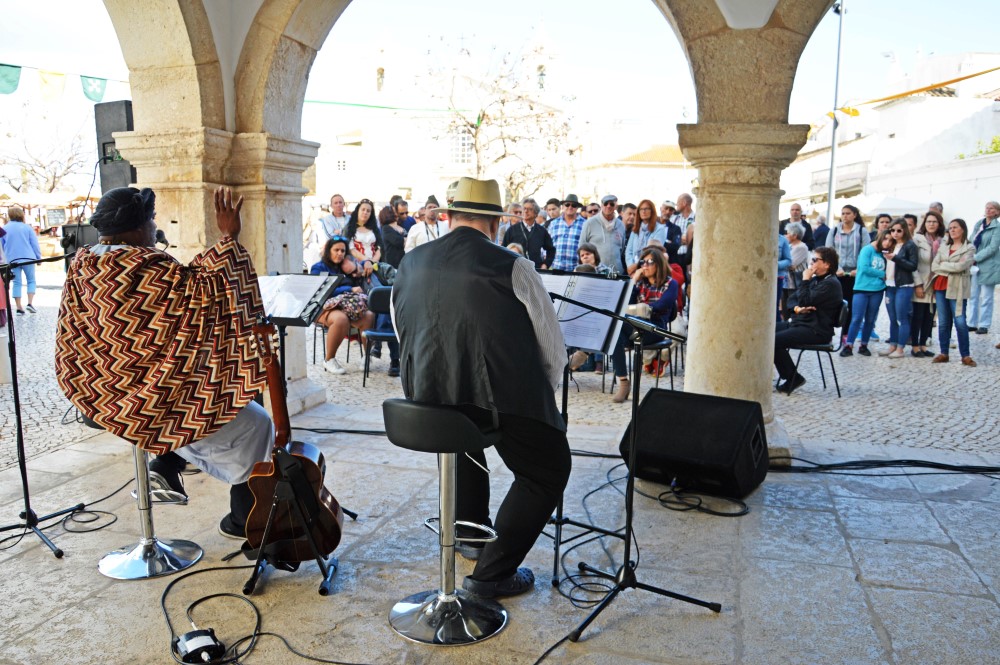
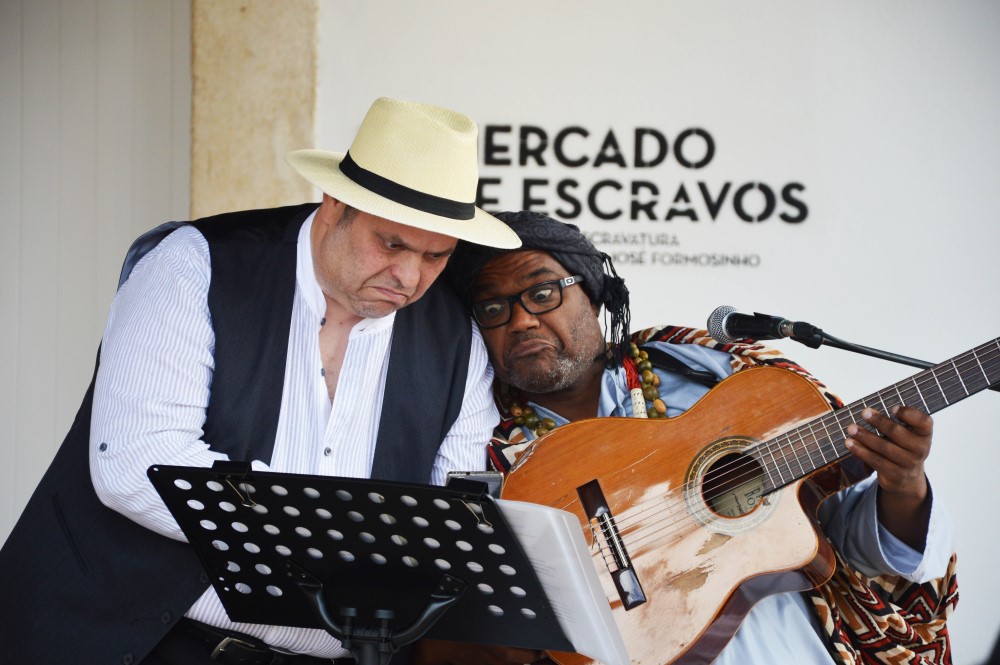
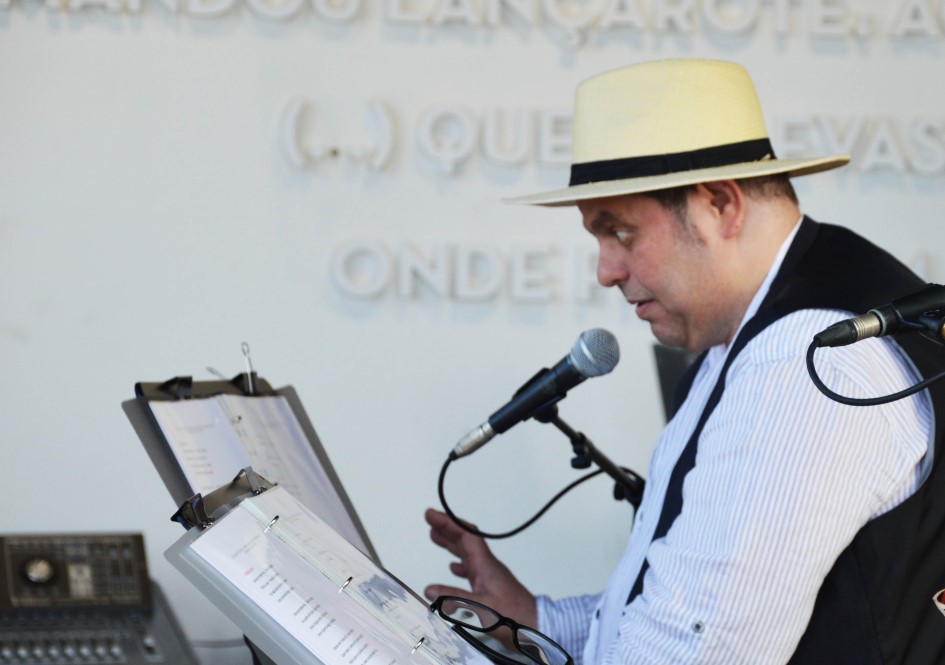
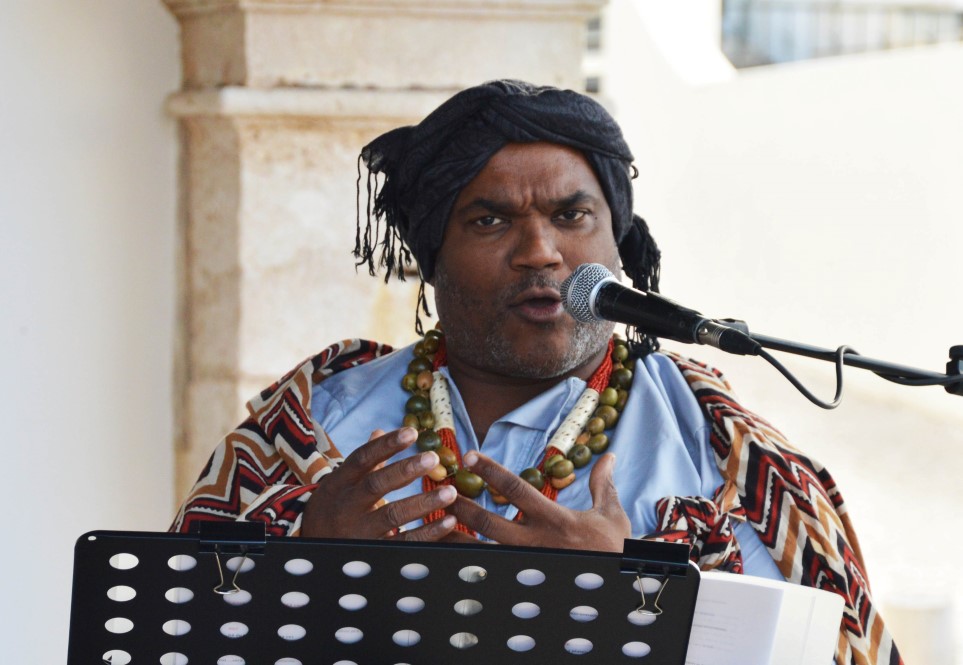
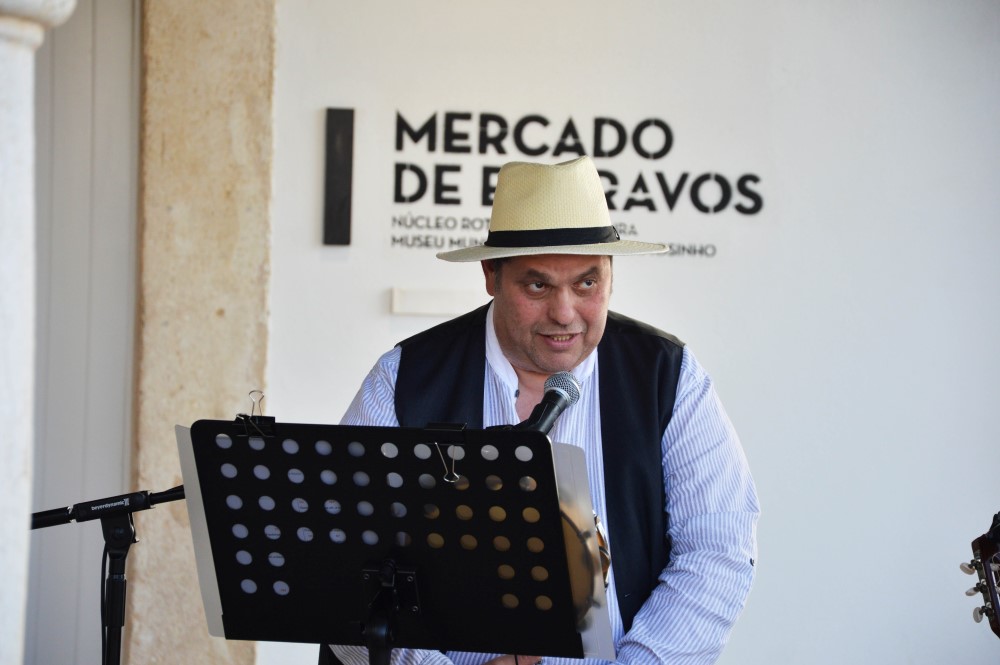
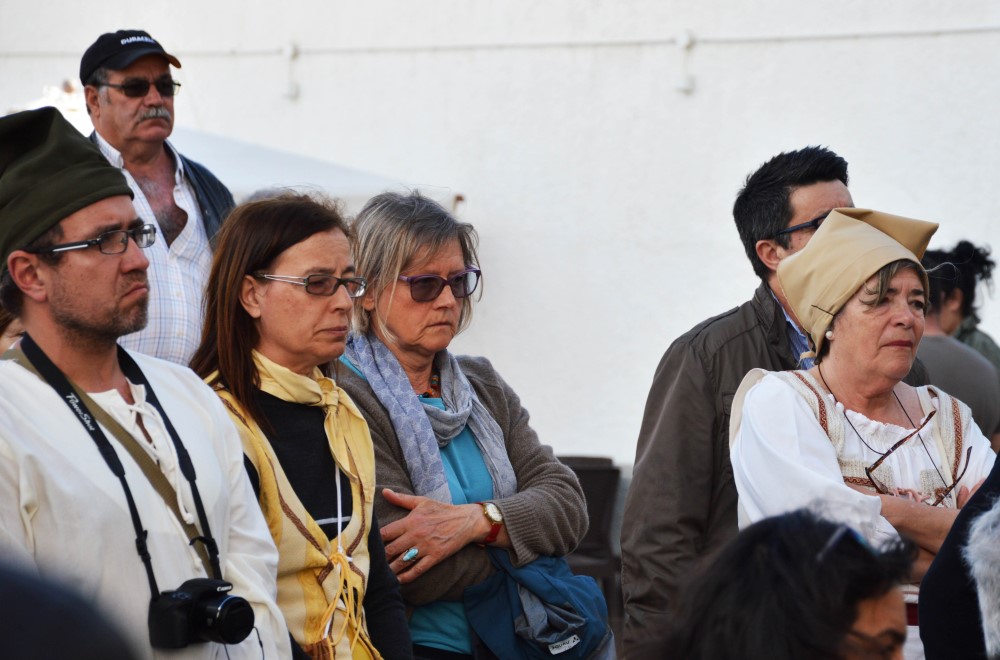
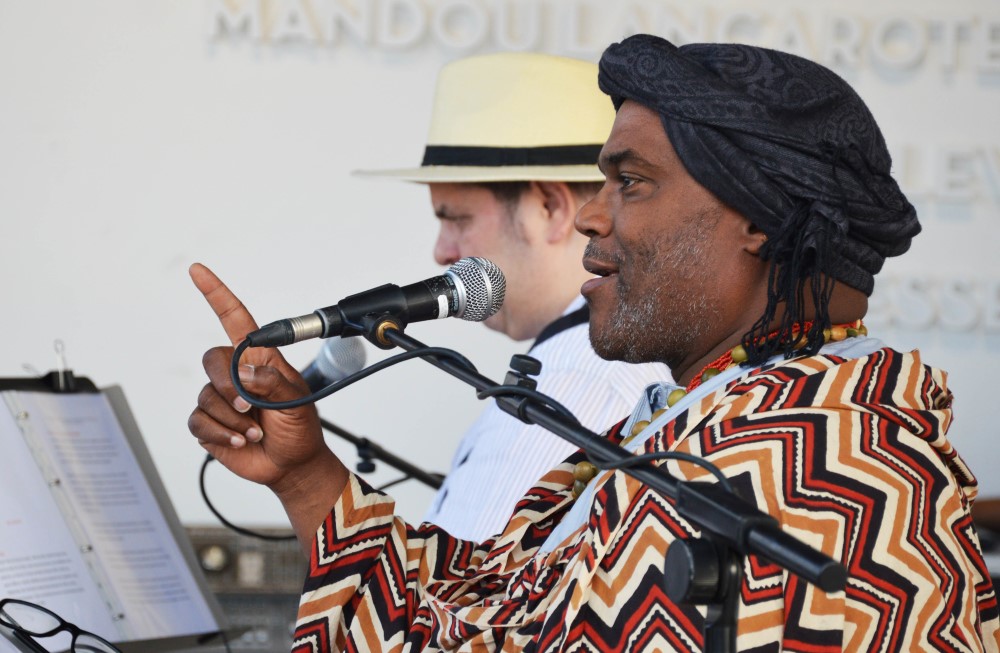
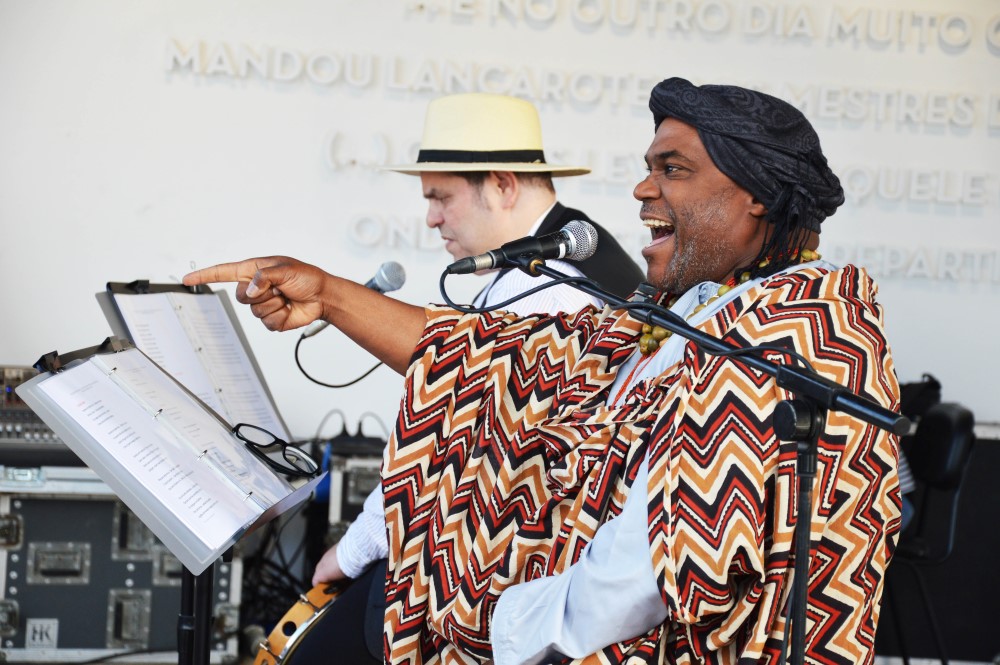
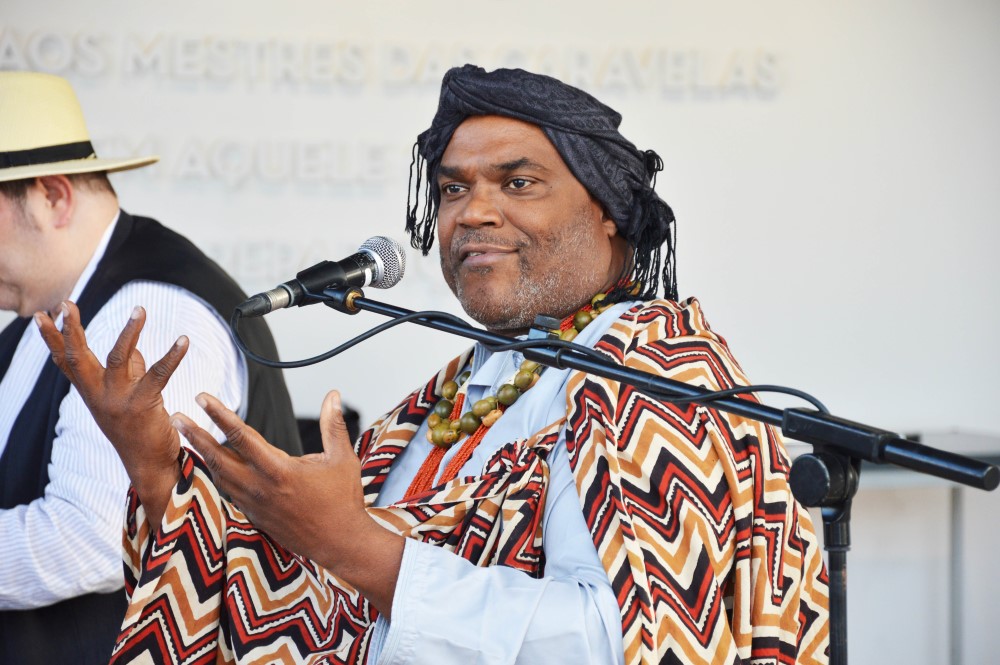
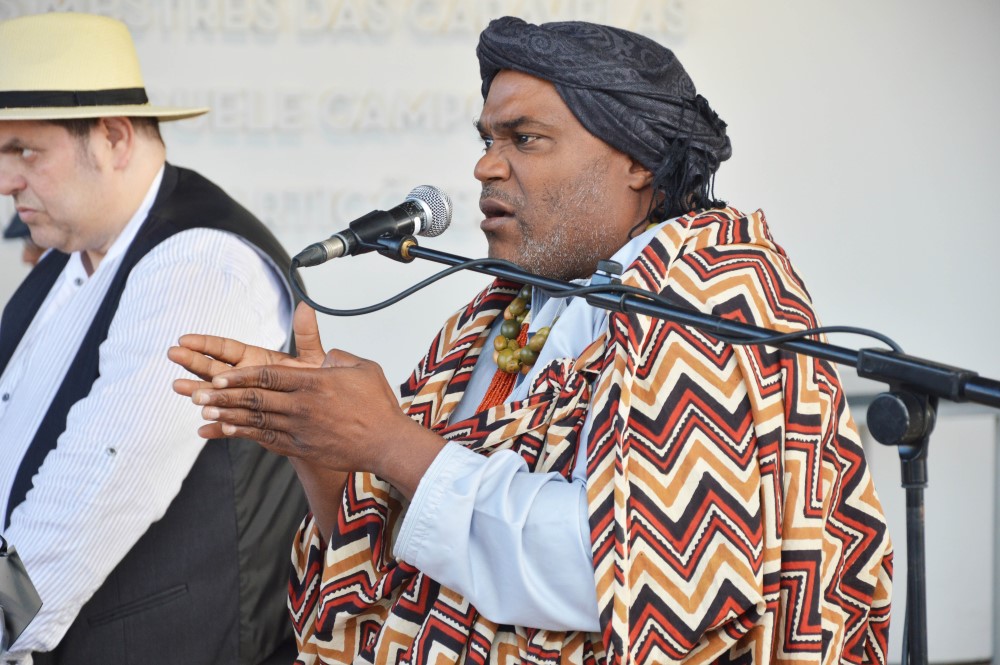
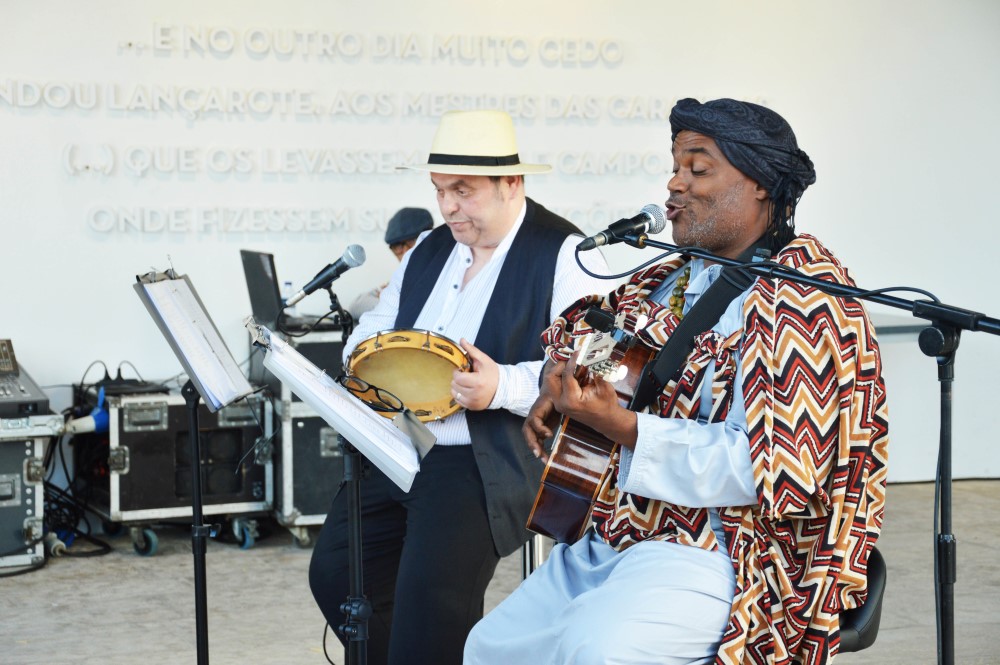
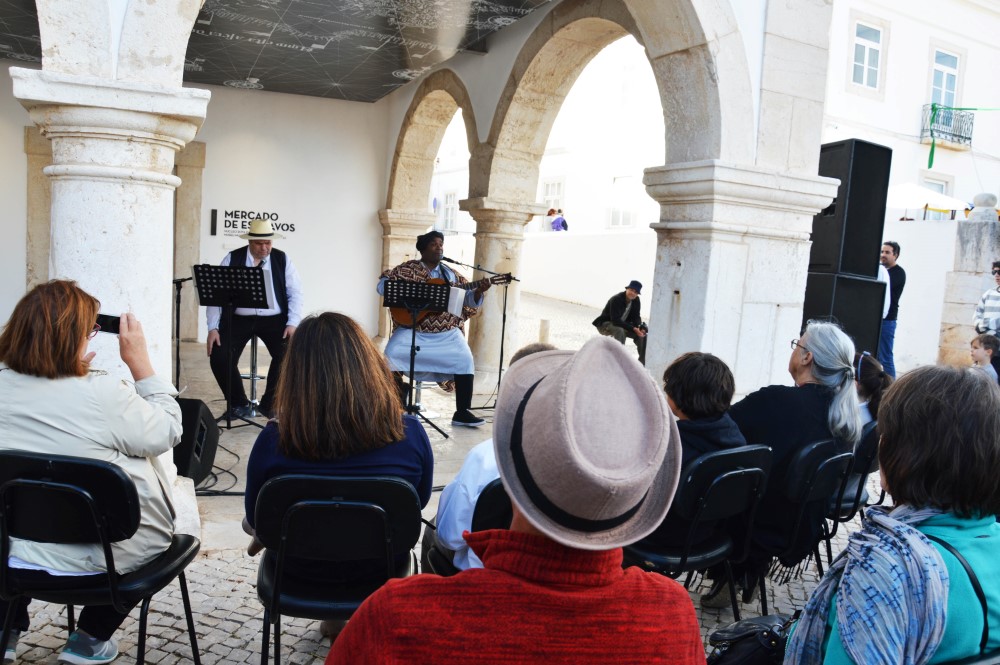
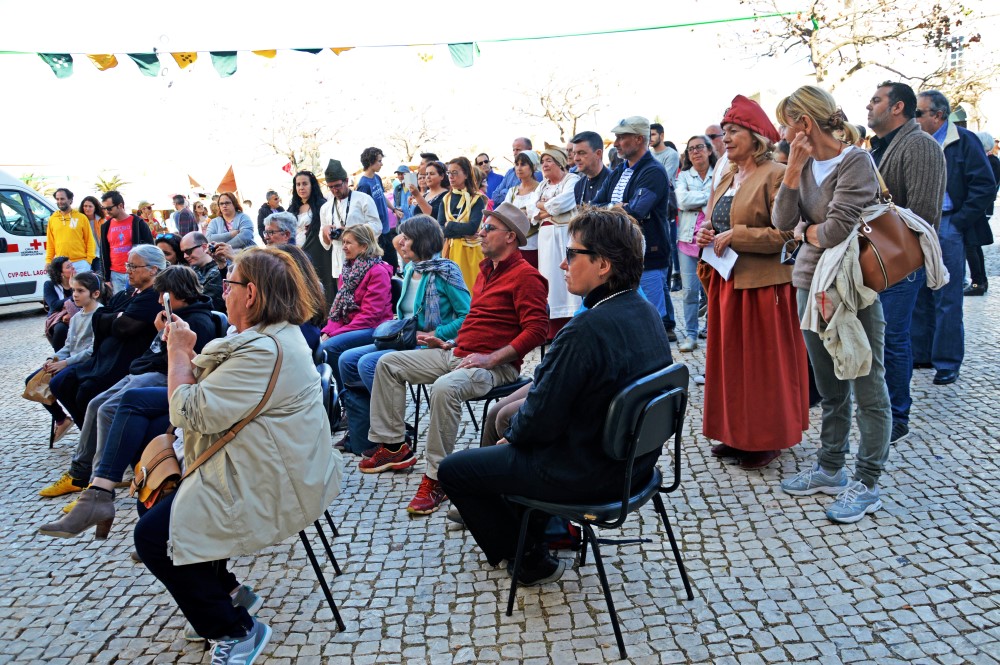
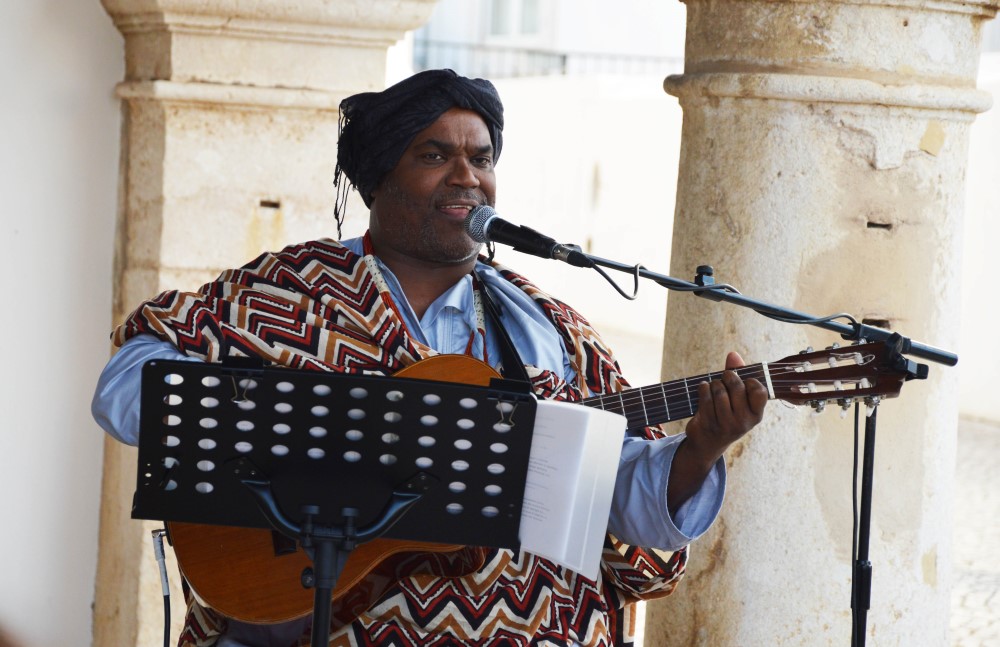
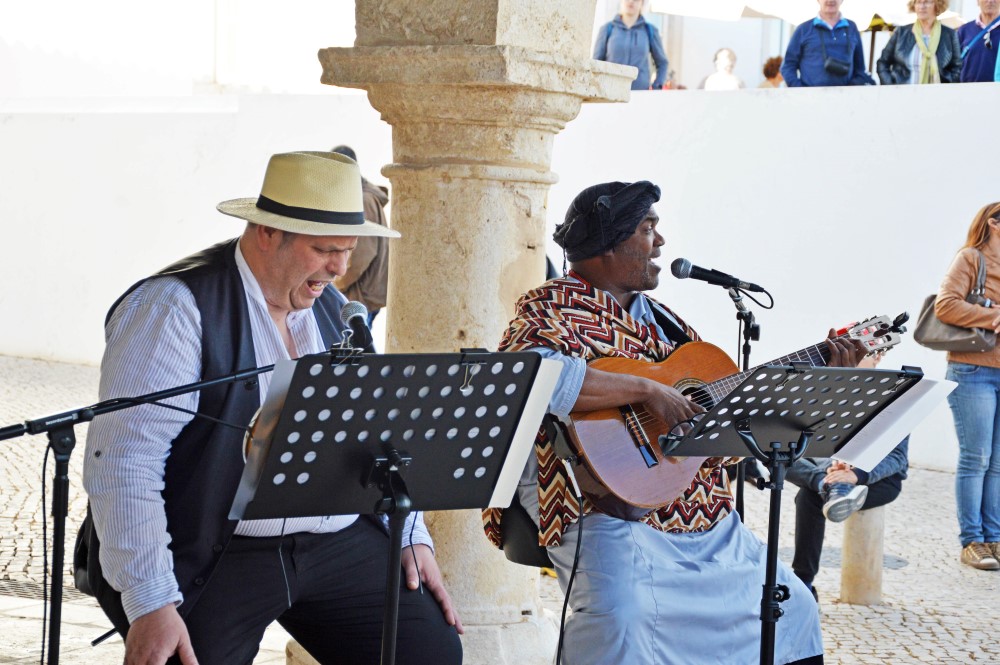
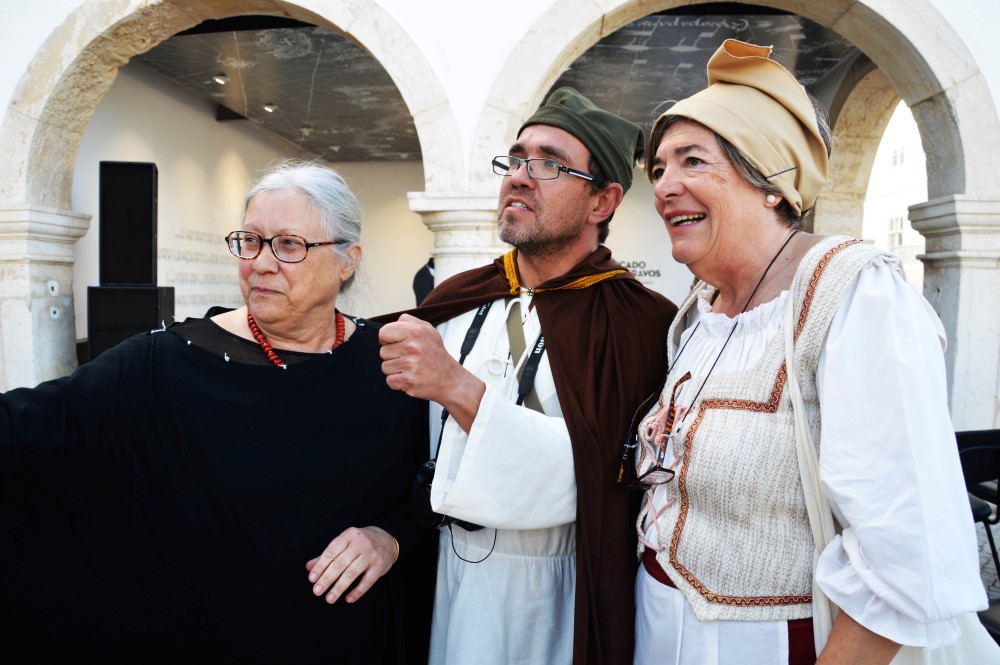
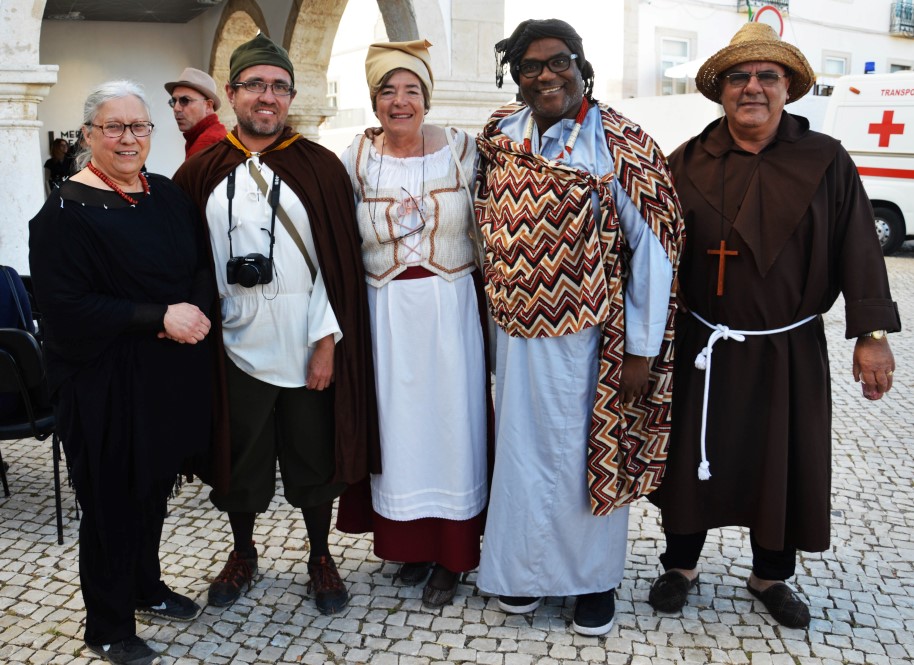


















Comments